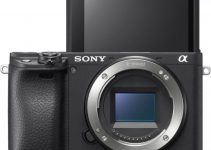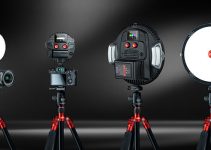Even budget cinema cameras have a wide range of prices. Two of the most popular, the Blackmagic Pocket 6K Pro and the Sony FX3, have a price differential of $1,400.
Considering budget matters a lot more at this lower price points you’ll need to take a close look at all the features and whether you are going to be getting the best bang for buck when you make a decision.
If these two cameras are the ones on your wish list then you are in luck. Filmmaker Alex Zarfati takes a look at both to help figure out which camera is the best for your budget. Or, asked in another way, whether the FX3 is worth $1,400 more.
Test #1 — Natural Lighting Scenarios
Taking the cameras out into some natural lighting he wants to check out three factors when it comes to the quality:
- Color
- Skin Tone
- Overall Image Quality
Generally, if you aren’t looking at the footage side-by-side you might not notice much of a difference. Both these cameras are very good.
Putting the 6K up next to the FX3 you can see the actual differences. Perhaps surprisingly, the Pocket 6K might actually be putting up more natural-looking skin tones with these shots.
Another huge benefit of the Pocket 6K is that it has built-in ND filters. This is a huge advantage in usability as you can quickly dial in your exposure. With the FX3 you’ll be picking up a separate filter system, such as this one from Freewell.
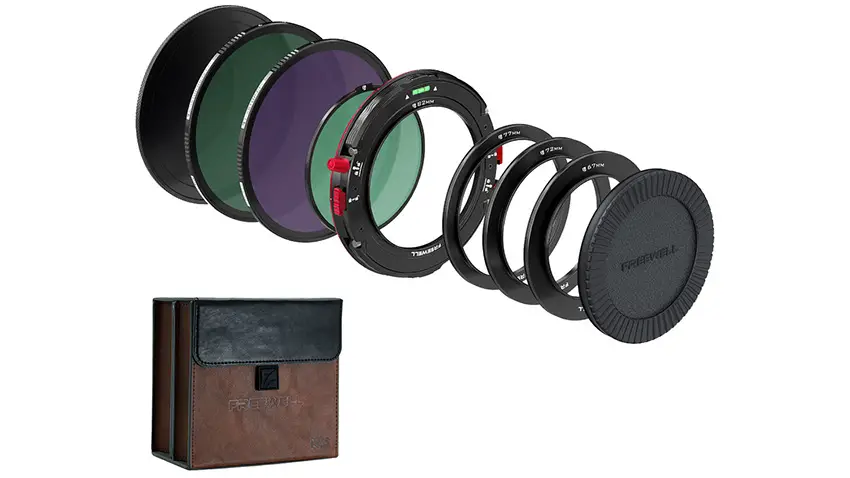
Image Credit: Freewell
Test #2 – Gimbal Use
These smaller cameras are usually perfect for handheld and gimbal work. Starting with the FX3 you’ll find a pretty great experience.
It’s lightweight and compact so it is easy to balance and then once you add on a quite good autofocus system you can easily track subjects without having to go hands on with the camera.
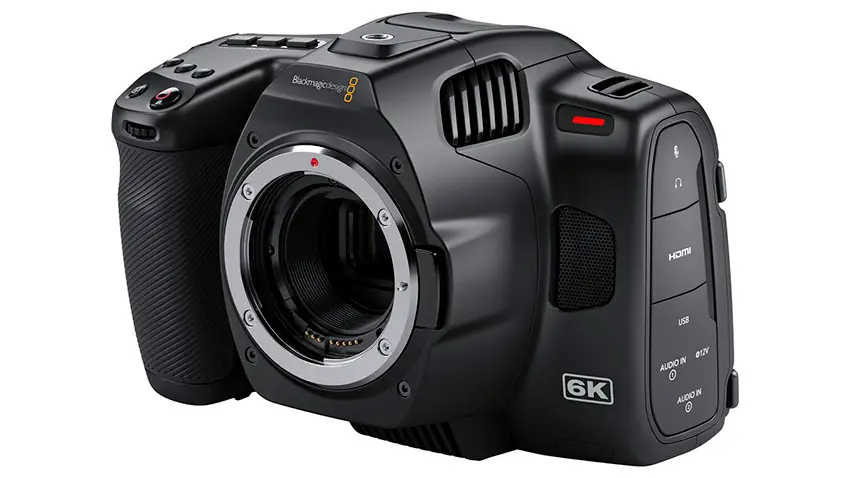
Image Credit: Blackmagic Design
The Pocket 6K Pro is a little less than ideal for gimbals. The design is very wide for a compact camera so not all gimbals will actually support it or you’ll be pushing the gimbal’s mount to the edge.
Since there is no reliable AF system you’ll have to hook up a follow focus system you’ll then have to control during your use which can be a challenge.
Test #3 – Low-Light
The FX3 has already made a name for itself in low-light capabilities, so let’s see how the Pocket 6K can compare. This is one area where there isn’t much competition in the tests. The FX3 absolutely dominates here with the Pocket 6K showing a lot of noise in the dark scenes.
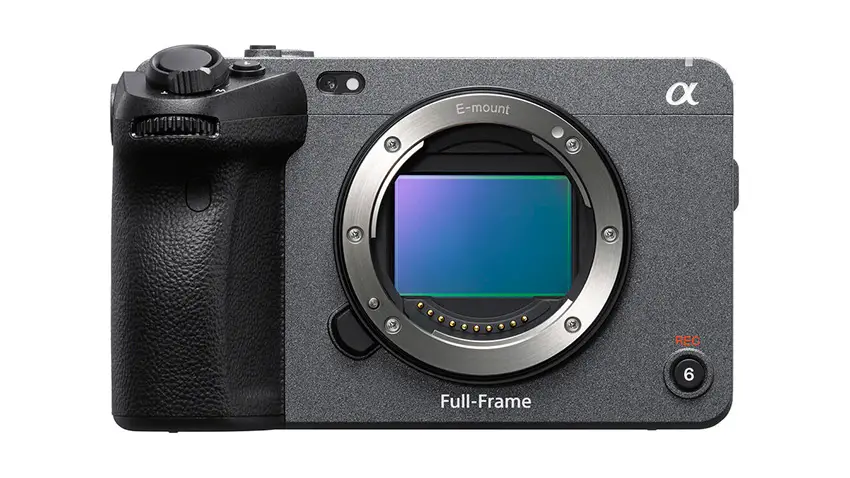
Image Credit: Sony
Having the capabilities to just pick up the camera the shoot in such a wide range of lighting conditions is a huge advantage for certain filmmaking situations, such as documentary. That’s what makes the FX3 so useful.
Spec Comparison
These are two very different cameras as seen in their specs.
Pocket 6K Pro Specs:
- Super35 Sensor
- 6K up to 60 fps
- 12-bit Blackmagic RAW
- 13 Stops Dynamic Range
- Built-In ND Filters
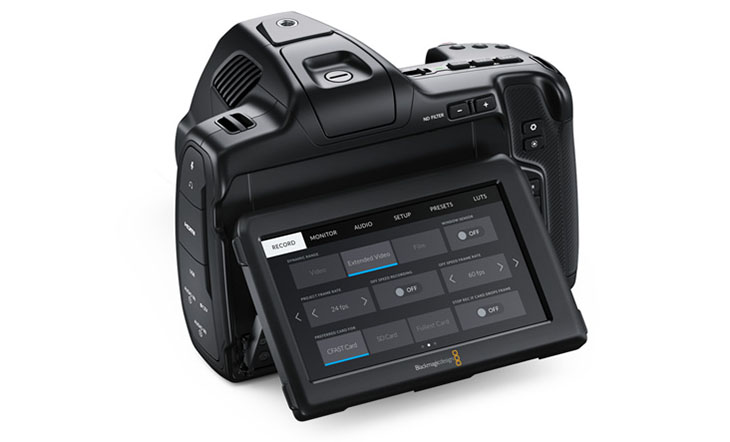
Image Credit: Blackmagic Design
Sony FX3 Specs:
- Full-Frame Sensor
- 4K up to 120 fps
- 10-bit S-Log
- 15 Stops Dynamic Range
- In-Body Stabilization and Autofocus
That raw video built into the Pocket 6K can be a huge advantage if you have a good shooting environment and time to edit it in post.
Also, the dynamic range advantage of the FX3 doesn’t seem as big in real-world tests as it says on paper.
Now, the in-body stabilization and autofocus system of the FX3 are very good advantages no matter what the situation.
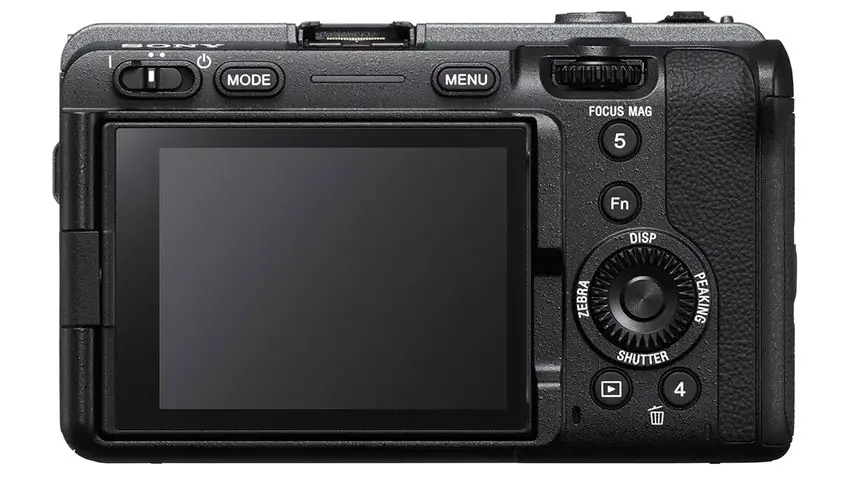
Image Credit: Sony
Final Thoughts
In an interesting turn of events, Alex actually feels like the Pocket 6K Pro delivers better image quality than the FX3. The fact that it records 12-bit raw helps it out here.
However, considering all the other benefits of the FX3 he gives the Sony camera the win overall. If price was not a factor he would easily recommend the FX3.
If you are stretched for cash, you shouldn’t worry about the Pocket 6K Pro not being enough for you. You can then take that extra money and put it into a rig or lens.
Which camera would you pick up?
[source: Alex Zarfati]
Order Links:
- Sony FX3 Cinema Camera (B&H, Amazon)
- Blackmagic Design Pocket Cinema Camera 6K Pro (B&H, Amazon)
- Freewell K2 Versatile Magnetic Filter System (B&H, Amazon)
Disclaimer: As an Amazon Associate partner and participant in B&H and Adorama Affiliate programmes, we earn a small comission from each purchase made through the affiliate links listed above at no additional cost to you.


